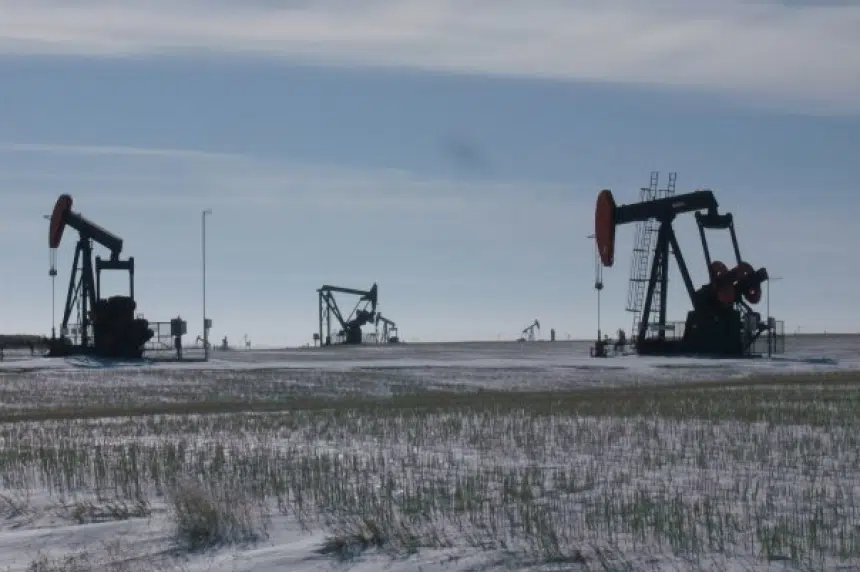The federal carbon tax increased from $20 to $30 per tonne Wednesday.
Former Saskatchewan premier Brad Wall was a guest on Gormley and said opponents of the tax were not opposed to some sort of price on carbon.
Wall said that, for years, the province had been using carbon capture and storage technology and selling the product back to oil companies to be used in enhanced oil recovery.
“It wouldn’t have a material impact on emissions. It just wouldn’t,” Wall said about the carbon tax. “Secondly, it takes our eye off the technological opportunities to contribute to global reductions.”
The federal carbon tax arrived in the province last year after Saskatchewan was one of four provinces at the time that did not implement the federal government’s standards for pollution pricing.
Saskatchewan’s plan applied to large emitters but the federal tax would also cover electricity generation and natural gas pipelines as well as fossil fuels.
Wall said industries in Saskatchewan are disproportionately penalized because they are “trade-exposed,” and rely on transportation to get to market.
“We know the importance of modern agriculture, mining and oil and gas. And all of those are vulnerable, more vulnerable, disproportionately so to a carbon tax,” he said.
“The means of export, the means of transportation, are not exempt. They are all subject to higher costs. This comes at a time, especially for oil and gas, we already have the disadvantage … in terms of competing with other energy sectors around the world.”
According to SaskEnergy, the average residential customer will see a six per cent increase for the year on their bills due to the increase. That works out to $54.
Commercial customers will see a 10 per cent increase on average this year.
The price of gas is expected to increase by two cents a litre.
The federal government has said that the money collected through the carbon tax will be returned to Saskatchewan households through rebates.











